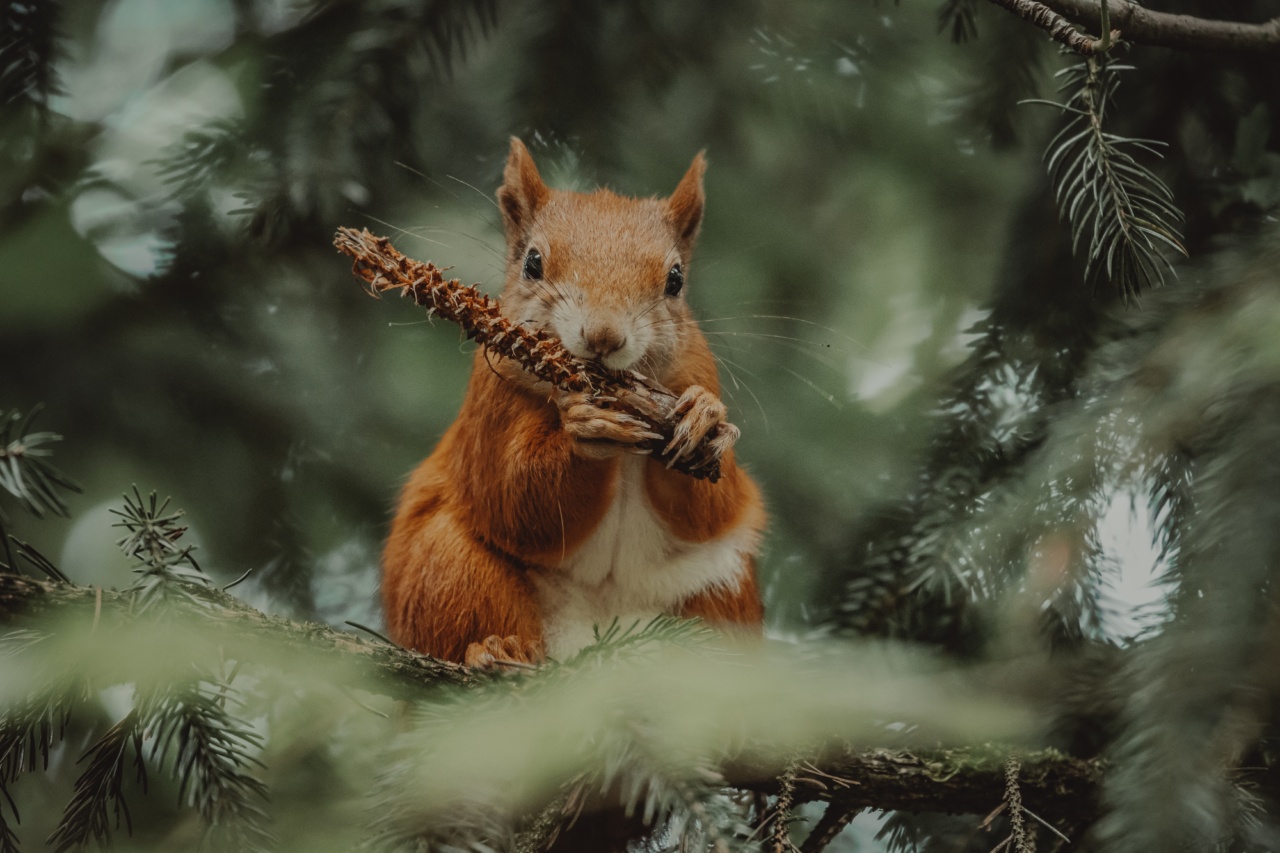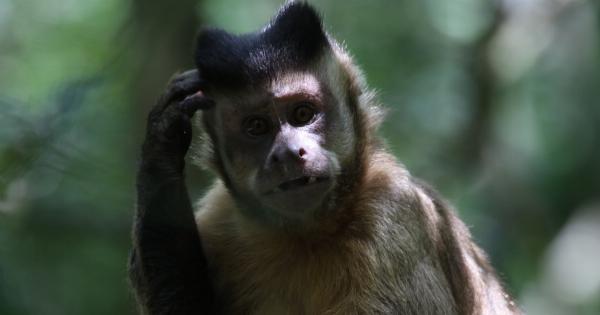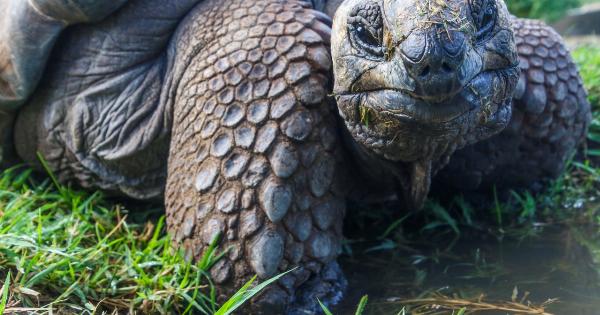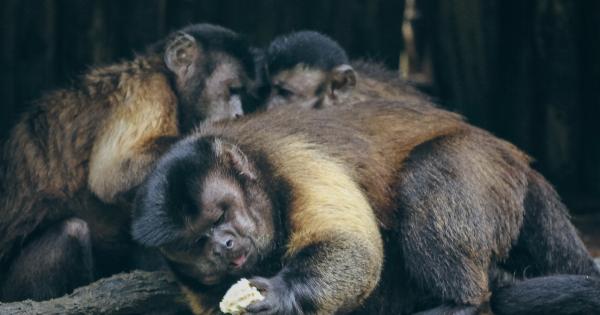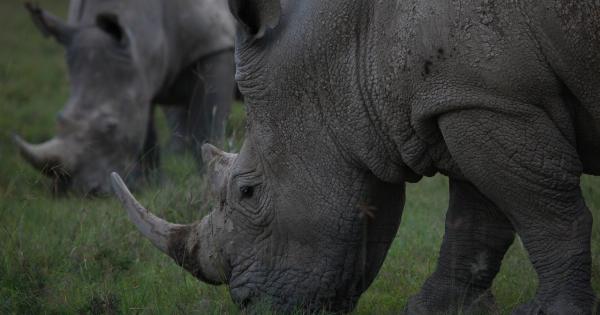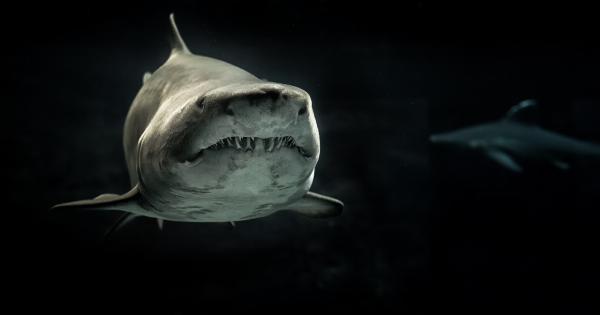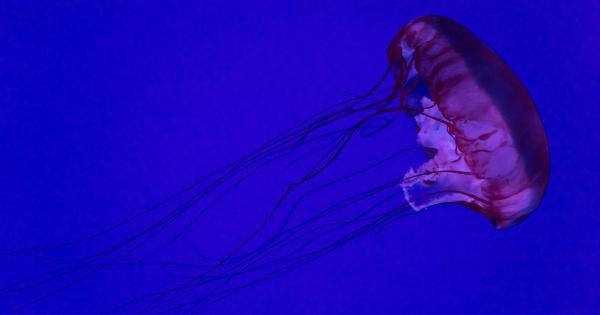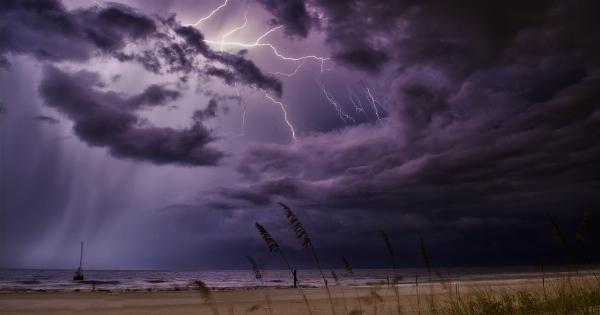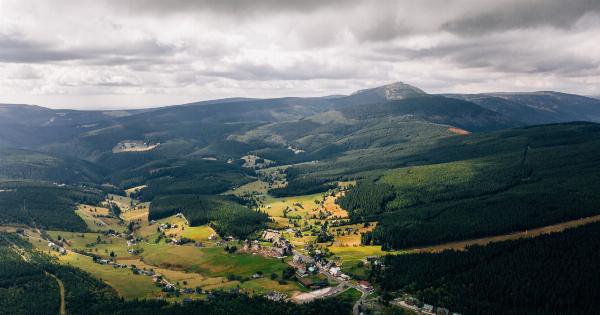There is something inexplicably captivating about the animal kingdom. From the largest mammal to the smallest insect, the intricacy and diversity of creatures that call our planet home is truly staggering.
Whether it’s witnessing the awe-inspiring power of a lion or marveling at the delicate beauty of a butterfly, there is no denying the beauty and complexity of these creatures.
The Importance of Animals
Animals play a vital role in our planet’s ecosystem. They pollinate our crops, help to control pests, and are often an essential food source for humans.
Beyond their practical uses, animals are also important from a cultural and spiritual perspective, appearing in art, literature, and religious tradition. For many people, animals represent the purity of nature, free from the corrupting influence of human civilization.
Animal Instincts
One of the most captivating aspects of animals is their instincts.
Unlike humans, who often rely on conscious reasoning to make decisions, animals instinctually react to their environment in a way that has been finely tuned over millions of years of evolution. For example, the Arctic fox is able to use its sense of hearing to detect prey under layers of snow, while penguins huddle together in large groups to protect themselves from the harsh Antarctic climate.
The Majesty of Large Predators
There is something undeniably awe-inspiring about large predators. Whether it’s the raw power of a lion or the stealthy grace of a leopard, these animals command respect and admiration.
Unfortunately, many of these creatures are also threatened by human activities, including habitat loss and poaching. Conserving these animals is not only important from an ecological standpoint, but also from a cultural and aesthetic perspective. Imagine a world without the roar of a lion or the majestic sight of a tiger prowling through the jungle.
The Wonders of Migration
Migration is one of the most remarkable feats of the animal kingdom. Every year, countless species of birds, fish, and mammals undertake epic journeys spanning thousands of miles in search of food, breeding grounds, or more favorable climates.
From the monarch butterfly’s incredible journey across North America to the humpback whale’s migration from the Arctic to the tropics, these migrations are a testament to the durability and resilience of nature.
The Diversity of Insects
Although they may be small, insects play an outsized role in our planet’s ecosystem. They are responsible for pollinating our crops, breaking down dead plant matter, and controlling crop pests.
They are also an essential food source for many larger animals. Beyond their practical uses, insects are also incredibly diverse and fascinating creatures.
From the iridescence of a butterfly’s wings to the intricate design of a spider’s web, insects are a testament to the beauty and complexity of nature.
The Curiosity of Primates
As the closest living relatives to humans, primates have long fascinated scientists and the public alike. They possess remarkable intelligence and social complexity, and have been observed using tools and communicating through complex vocalizations.
Primate behavior has also shed light on human evolution, helping us to better understand the origins of our own behavior and cognition.
The Intricacy of Marine Life
Marine life is one of the most mysterious and captivating aspects of the animal kingdom. From the colorful coral reefs of the tropics to the freezing depths of the ocean’s abyss, the diversity of marine life is truly staggering.
Many of these creatures possess adaptations that allow them to thrive in extreme conditions, such as bioluminescent fish that use light to attract prey or giant squids that can grow up to 43 feet in length.
The Plight of Endangered Species
Unfortunately, many of the world’s animals are currently facing extinction due to a variety of human activities, including habitat destruction, poaching, and climate change.
Some of the most iconic and beloved animals, such as the African elephant, the tiger, and the polar bear, are now in danger of disappearing forever. Conserving these animals is not only important from an ecological standpoint, but also from a cultural perspective. Many of these animals are deeply ingrained in local traditions and represent a vital link to the natural world.
The Rewards of Conservation
Conservation efforts can help to protect our planet’s animals and ensure that future generations can continue to enjoy the beauty and wonder of the animal kingdom.
From the establishment of protected areas to the implementation of sustainable fishing practices, there are many ways that individuals and organizations can work to conserve these precious resources. Beyond the practical benefits of conservation, there is also a deep sense of satisfaction and reward that comes from knowing that we are doing our part to protect the natural world.
